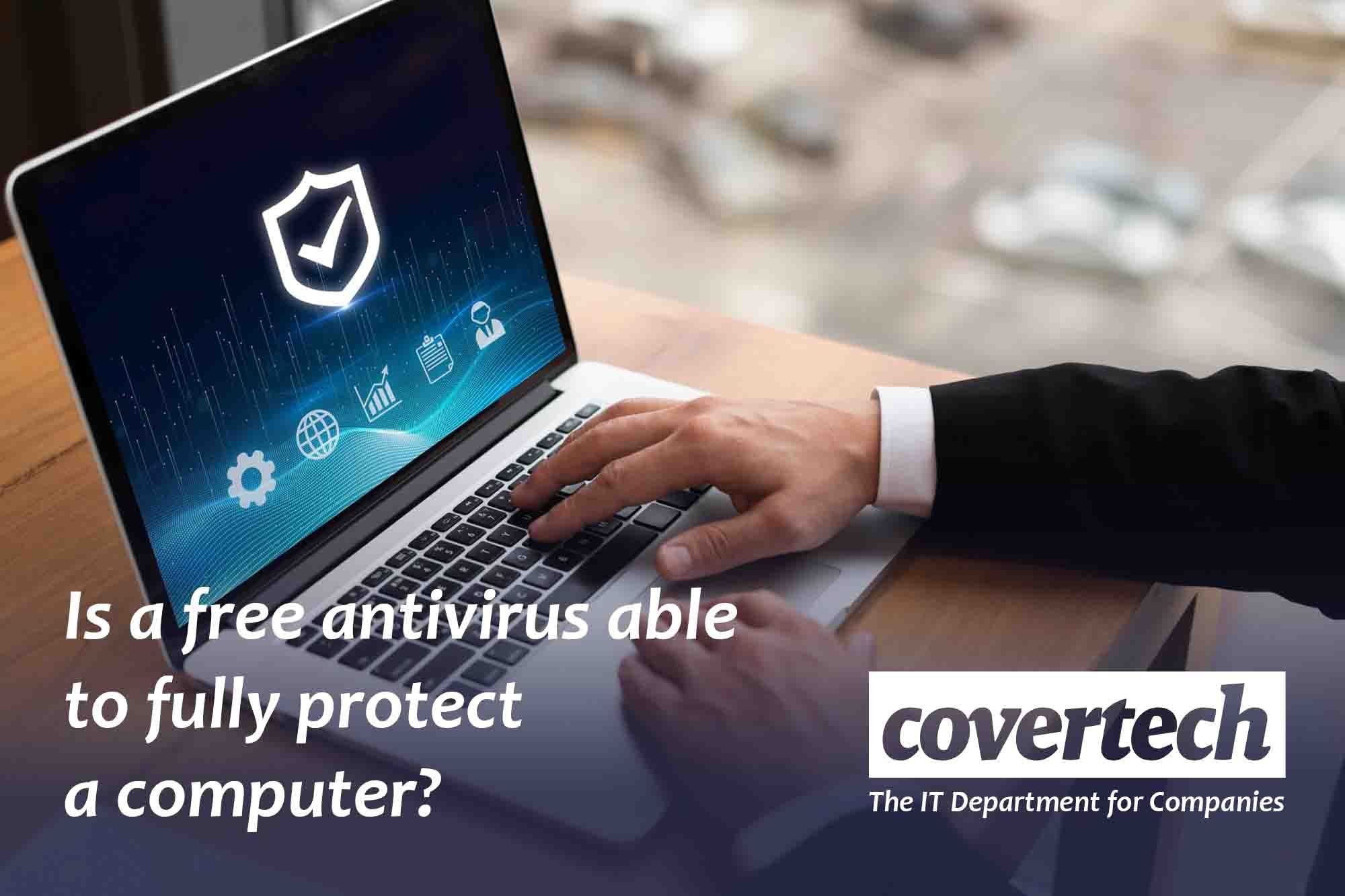Security
Is a free antivirus able to fully protect a computer?
By Nick Tang
August 22nd, 2024 @ 4:35 PM GMT+8

The history of computer viruses dates back to the 1970s, even before Microsoft released its first Windows program. However, a notable and lethal virus created by Chen Ing-Hao, a Taiwanese student in 1998, significantly shaped how the world perceives computer viruses.
While Chen's intention was to highlight security flaws in operating systems, the rise of internet usage resulted in the virus hitting websites and emails, as well as spreading through media disks (e.g., diskettes and CD-ROMs), affecting millions of computers globally. This led professionals to recognize the need for protection, thereby the birthing of antivirus software.
As technology advances with the increasing reliance on computers, threat actors (those who develop virus programs) discovered the entry to monetary gains by harvesting data from computer systems, beyond merely causing destruction. Thus, the beginning of writing various programs, or malicious software (malware), to serve their ill intentions and purposes. Unmaintained or compromised computer systems storing corporate confidential information, including personal details becomes a “gold mine” for hackers / threat actors’ exploitation.
Several purposes of Malware:
To Cause Damage
The CIH Virus, also known as Chernobyl or Spacefiller, is an example of malware designed to damage a system, resulting in the paralysis of the computer.
To Watch and Spy
Some malware quietly sits in a computer system, monitoring every transaction (e.g., monetary) and conversations from email and messenger.
To Lock and Harvest
Ransomware is a type of malware that transforms your important documents into an unreadable format. To unlock, you must pay the demanded ransom, but there are no guarantees.
To Control and Spread
Malware can take control of your computer for various purposes, such as using your computer within your IT network, as a connecting point to attack other computers or spread viruses.
All the above activities harm our corporate interests and computers, invade personal privacy, and cause business losses. Viruses and malware continue to evolve daily to serve their ill purposes. Due to the complex nature of malware and the specialized knowledge required, the effectiveness of antivirus software heavily depends on the professional teams behind the scenes, who are dedicated to research and development.
Not all antivirus software covers every type of threat. Therefore, it is crucial to choose an effective and proactive antivirus that protects your computer from the various types of malwares available and can predict potential threats before they cause harm. Can a free antivirus protect a computer? The answer may be a yes. However, choosing a subscription-based antivirus will give you a peace of mind, as it helps sustain the professionals who continuously monitor and develop effective antivirus solutions to keep your computer safe. After all, your business data is worth far more than the price of an antivirus annual subscription.
 20240805 What Can Business Owners Learn from the Recent Global Microsoft Cloud Outage to Prevent Similar Incidents?
20240805 What Can Business Owners Learn from the Recent Global Microsoft Cloud Outage to Prevent Similar Incidents?